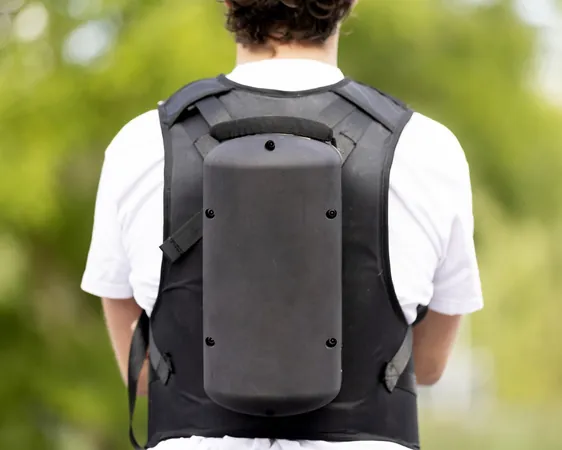
Revolutionary Smart Backpack Aims to Transform Life for Ataxia Patients
2025-08-28
Author: Liam
Groundbreaking Innovation for Better Mobility
A team of researchers from the Netherlands has unveiled a game-changing backpack designed to help individuals suffering from ataxia stand and walk more steadily. Known as the Gyropack, this pioneering prototype significantly enhances balance and coordination, empowering patients to perform daily activities with greater independence—without relying on cumbersome walkers.
Understanding Ataxia: The Stealthy Disruption of Movement
Ataxia, a neurological disorder, disrupts muscle control and coordination, affecting basic functions like walking, balance, and even speech. It arises from damage to the cerebellum, the brain area responsible for coordinating muscle movement, and manifests through symptoms like unsteady walking and difficulty with fine motor tasks. This complex condition can result from various factors, including genetic disorders, strokes, and certain medications.
The Ingenious Design Behind the Gyropack
Developed collaboratively by experts from Radboud University Medical Center, Delft University of Technology, and Erasmus Medical Center, the Gyropack is designed to tackle the challenges faced by ataxia sufferers. Dr. Jorik Nonnekes, a rehabilitation specialist, emphasizes that traditional walkers can be heavy and stigmatizing, particularly for younger individuals. Inspired by advanced technology from space exploration, the Gyropack features rotating wheels and a sophisticated control system that stabilizes the user's torso, making movement feel smoother and safer.
Promising Findings from Clinical Trials
In a study involving 14 patients with moderate to advanced ataxia, participants tested the Gyropack under three different conditions: without the backpack, with it fully operational, and with gyroscopes inactive. While the backpack alone proved beneficial due to its weight, the most striking improvements emerged when the gyroscopic system was activated, enabling patients to walk in a straight line with enhanced stability—a breakthrough for everyday navigation.
Paving the Path for Improved Quality of Life
Looking to the future, the research team is committed to refining the Gyropack, making it lighter and quieter for more practical use in daily life. Dr. Nonnekes envisions a world where ataxia patients can participate in social activities without the need for walkers, dramatically increasing their mobility and overall happiness. With the study published in the journal *npj Robotics*, the team is excited to continue development and improve quality of life for those facing the challenges of ataxia.

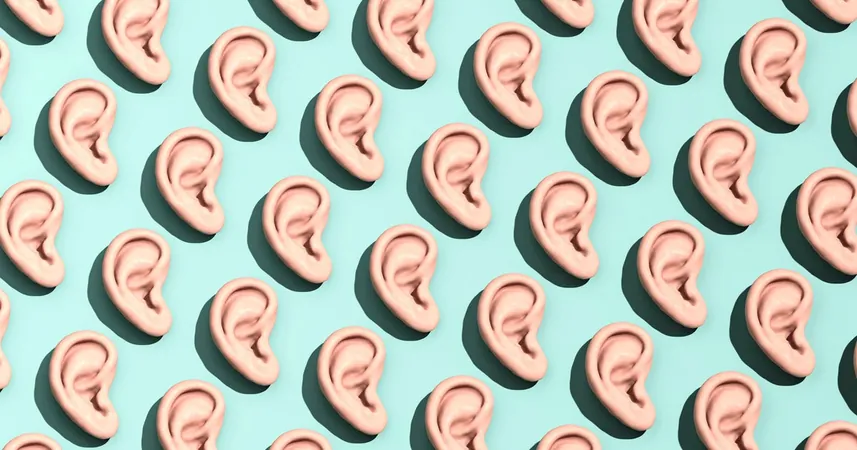
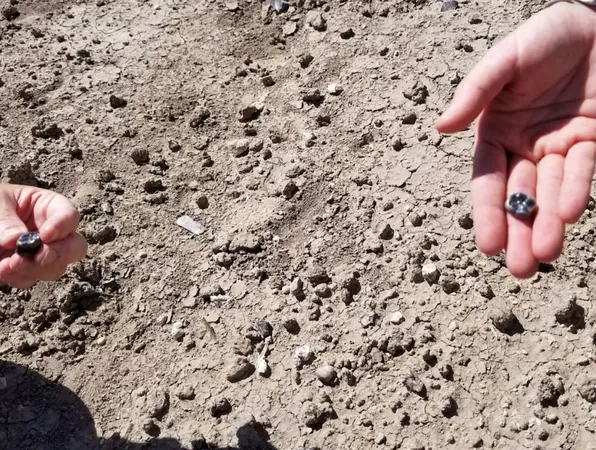
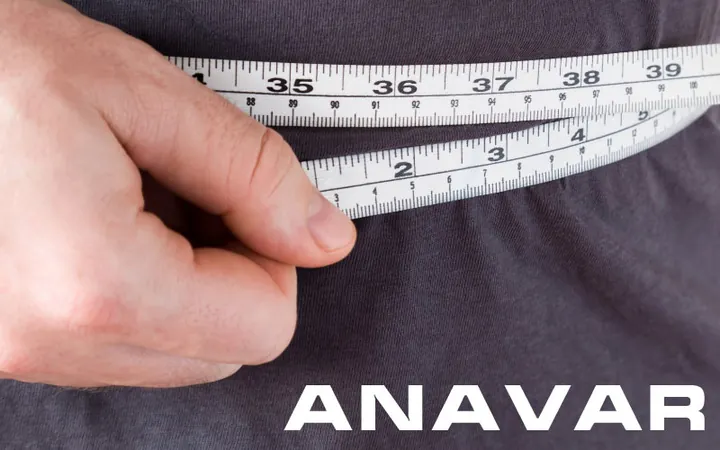




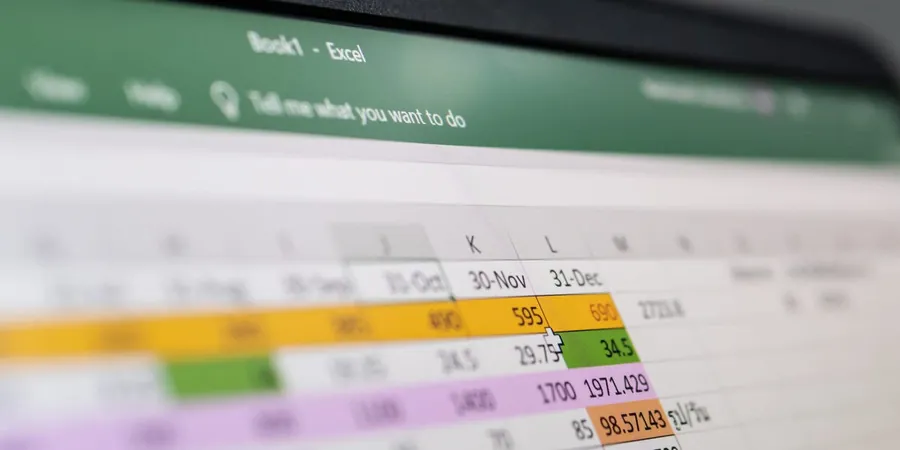
 Brasil (PT)
Brasil (PT)
 Canada (EN)
Canada (EN)
 Chile (ES)
Chile (ES)
 Česko (CS)
Česko (CS)
 대한민국 (KO)
대한민국 (KO)
 España (ES)
España (ES)
 France (FR)
France (FR)
 Hong Kong (EN)
Hong Kong (EN)
 Italia (IT)
Italia (IT)
 日本 (JA)
日本 (JA)
 Magyarország (HU)
Magyarország (HU)
 Norge (NO)
Norge (NO)
 Polska (PL)
Polska (PL)
 Schweiz (DE)
Schweiz (DE)
 Singapore (EN)
Singapore (EN)
 Sverige (SV)
Sverige (SV)
 Suomi (FI)
Suomi (FI)
 Türkiye (TR)
Türkiye (TR)
 الإمارات العربية المتحدة (AR)
الإمارات العربية المتحدة (AR)